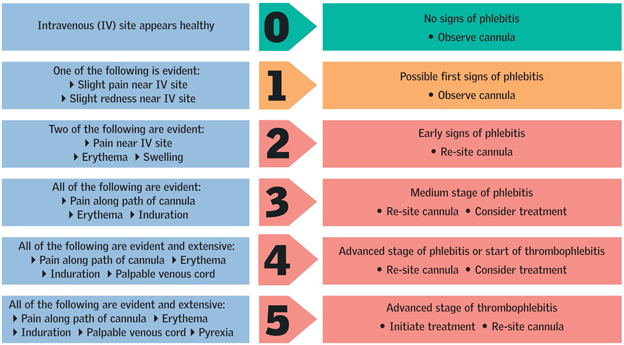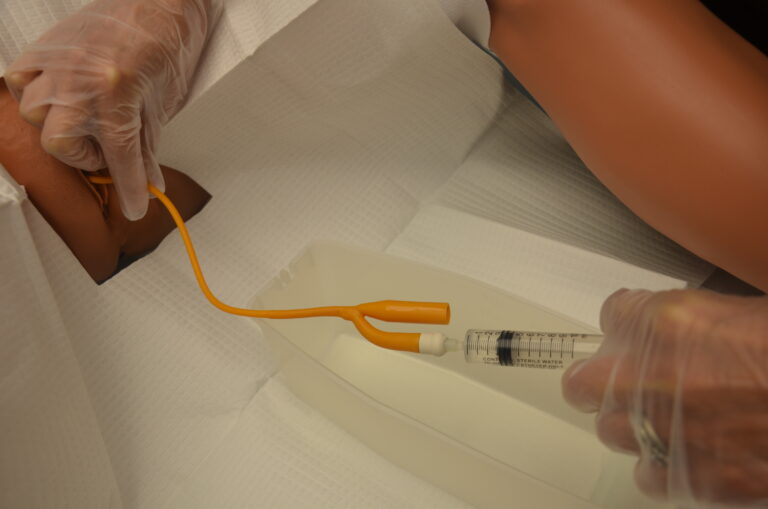2024 CERVICAL SCREENING : OSCE EVIDENCE-BASED PRACTICE
2024 CERVICAL SCREENING: OSCE EVIDENCE-BASED PRACTICE

Cervical screening, also known as a smear test or Pap test, is a crucial procedure for the early detection of cervical cancer and other abnormalities. This blog will explore the 2024 guidelines for the Objective Structured Clinical Examination (OSCE) focusing on evidence-based practices for cervical screening.
Understanding Cervical Screening
Cervical screening involves collecting cells from the cervix to detect precancerous or cancerous changes. Early detection through regular screening can significantly reduce the incidence and mortality of cervical cancer.
The Role of OSCE in Cervical Screening
The OSCE is a practical exam used to assess the clinical skills of healthcare professionals. For cervical screening, the OSCE ensures that practitioners can perform the procedure accurately, communicate effectively with patients, and apply evidence-based practices.
Evidence-Based Practices for Cervical Screening
- Patient Communication: Effective communication is essential. Explain the procedure, its purpose, and what the patient can expect. Address any concerns or questions the patient may have to ensure they are comfortable and informed1.
- Informed Consent: Obtain informed consent before proceeding with the screening. Ensure the patient understands the benefits, risks, and alternatives to the procedure2.
- Proper Technique: Use the correct technique to collect cervical cells. This includes using a speculum to visualize the cervix and a brush or spatula to collect cells from the transformation zone3.
- Sample Handling: Properly handle and label the sample to ensure accurate laboratory analysis. Follow guidelines for preserving the sample to prevent degradation4.
- Follow-Up Care: Provide clear instructions on when and how the patient will receive their results. Discuss the next steps if abnormalities are detected, including potential follow-up tests or treatments5.
Preparing for the OSCE
To excel in the OSCE, it is important to:
- Stay Updated: Keep abreast of the latest research and guidelines on cervical screening.
- Practice Scenarios: Engage in mock OSCE scenarios to build confidence and improve your clinical skills.
- Reflect on Feedback: Use feedback from practice sessions to identify areas for improvement.
Conclusion
The 2024 OSCE for Cervical Screening emphasizes the importance of evidence-based practices in providing high-quality care. By understanding and applying these practices, healthcare professionals can significantly improve the outcomes for patients undergoing cervical screening.





